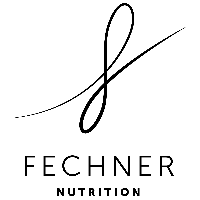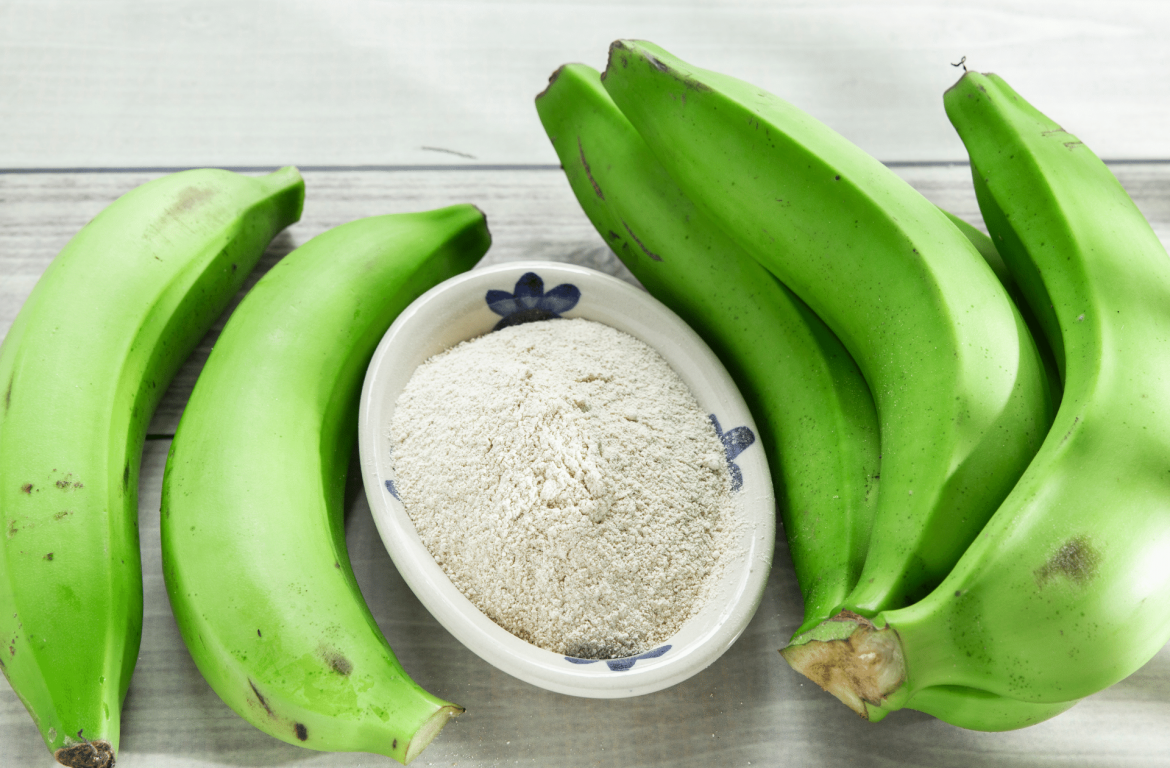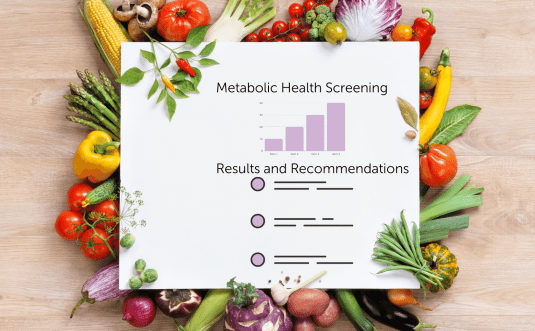
Your Definitive Guide to Weight Loss!
When climbing a mountain the last thing you want to be hauling is excess weight. You will need to conserve your energy for the climb and for whatever supplies you need to carry with you, so losing any extra pounds now will give you more energy during your climb.
I have received many requests for information on how to lose weight without resorting to unhealthy eating habits which can lead to nutritional deficiencies and other issues. I have compiled a selection of tips to specifically address the issue of weight and metabolism in this article, but the knowledge gained from the previous two climber nutrition articles must also be applied.
I previously covered how to select healthy proteins and fats, as well as the importance of digestive health. The information covered in these articles is essential to healthy weight loss. Without knowledge and implementation of proper selection of foods and proper digestion, you will not be able to lose and maintain a healthy weight.
Key Points in This Article
- Useful research on nutrition and weight loss
- The effect of the microbiome on weight
- How carbohydrates and sugar affect the microbiome
- Types of carbohydrates to avoid
- Fiber, resistant starch and prebiotics
- Shopping for probiotic foods
Probiotics, Bacteria and Weight

There has been research recently pointing to the importance of a healthy microbiome in the maintenance of a healthy weight. The microbiome, which I discussed in the second article, is the collection of micro-organisms within a person’s internal ecosystem, mainly those directly in the digestive tract, but also in the mouth and on the skin as well. The micro-organisms help to regulate your metabolism and how you absorb the carbohydrates, proteins and fats within your diet. There are some types of micro-organisms that can cause a person to more efficiently extract calories from food, leading to an easier time putting on weight from the same amount of calories. There are also micro-organisms that contribute to inflammation in the body, which in turn affects your ability to function, perform, exercise and experience pain or comfort in your daily life.
Recent research has shown that those who are obese have around a 40% decrease in bacterial diversity within their microbiomes. A lack of diversity in the digestive system is caused by a lack of the proper balance of foods that feed the healthy micro-organisms within the gut. It was shown that with consuming a probiotic-rich diet and cutting out refined sugars and carbohydrates, the bacterial diversity improved. Improving bacterial diversity improves metabolism, hormonal balance and overall health, which in turn naturally leads to achieving a healthy weight.
Eating a diet high in sugars, including “natural” sugars in fruits and natural sweeteners, causes only certain bacteria to flourish and others to dwindle. The bacteria that flourish in those conditions are those that promote obesity, inflammation, chronic digestive upset, such as diarrhea and constipation and metabolic disturbances such as blood sugar regulation issues.
As you can see, your digestive system controls a great deal of your health and success in athletic performance, so please do everything you can to be sure you are always protecting and improving your internal ecosystem!
Carbohydrates That Help and Those That Hurt

The types of carbohydrates that will promote the most healthy diversity in your gut are those that provide fiber. Fiber acts as a type of food for your microbiome, and without it only the more pathogenic species will prevail.
There are different types of fiber in foods, but for the most part being sure to eat whole foods without “ingredients” will be the best way to insure you are getting the right kind of fiber in your food. For example, fresh vegetables will provide excellent fiber but eating “veggie chips and straws” made out of processed vegetables and containing very little fiber will do nothing good for your body.
Purchase fresh, preferably organic vegetables directly in the produce section of your store to obtain the best type of fiber. Try to add a cooked veggie and a raw veggie with every meal of the day. For example for breakfast, you can cook up some spinach or other leafy greens in sausage or bacon drippings. You can add a little bit of grated carrots to the mix to give it some raw crunch. I like to add some red pepper flakes and garlic as well to the skillet. You have a very tasty and healthy green side dish that is pretty quick to make and goes right along with the protein that you chose with your breakfast.
Resistant Starch
Another type of starch that directly feeds the good bacteria is resistant starch. It resists digestion in the small intestine and provides fermentation in the large intestine. The good bacteria thrive on this type of starch so much so that it is referred to as a pre-biotic. It is necessary to be in the body before the probiotics can flourish because it is essentially food for probiotics.
To obtain resistant starch there are three main foods that you can use: green banana or plantain, cooked but cold white rice and plain potato starch. You can obtain green banana/plantain and potato starch as a flour that you can add to a smoothie. You cannot cook or bake with these products or it will no longer be a resistant starch and will simply be used by the body as a typical sugar or digestible starch. Cold white rice can be eaten such as with sushi. You only need very small amounts of resistant starch on a daily basis, so eating gobs of white rice in sushi is not really going to be beneficial and may contribute to other problems.
Potato starch can be purchased as a flour and added to a smoothie or mixed in other food, as long as it is not cooked. A small amount of cooked and then refrigerated potato will also provide resistant starch for feeding the healthy bacteria in your gut.
Adding Beneficial Bacteria to Your Diet

Once you have the pre-biotics or food for the good bacteria regularly in your diet, you can help things along by consuming probiotic rich foods. I prefer to get my probiotics from foods rather than supplements, as it is much more cost-effective and easier for your body to assimilate. The types of foods high in probiotics that you should be consuming are fermented vegetables such as sauerkraut, pickles, kimchi and fermented dairy products such as yogurt and kefir, as well as fermented beverages like kombucha.
While they can be purchased at the store, there are reasons why home made is better and higher quality. Homemade fermented foods and beverages are cheaper and most likely contain more live active cultures since they are fresher and have not been sitting on a shelf for very long. If you must purchase these foods rather than investing the time to make them, here are some tips for choosing products that will actually contain beneficial bacteria:
They should be in the refrigerated section. Pickled vegetables that are shelf stable are not actually fermented at all and contain no active cultures. Most likely they just contain vinegar to create a sour taste which means no fermentation and no cultures. Always purchase refrigerated pickles, sauerkraut, kimchi, kombucha, etc.
They should not contain vinegar. Vinegar is added to give them a sour taste, but the sour taste should actually come from fermentation with active bacterial cultures.
Look for the word “raw” or “unpasteurized” on the label. Pasteurization kills the beneficial bacteria, making consuming the food or beverage pointless or merely for the taste. The label may instead state that it contains “live active cultures” which is also a good sign.
They should not contain additives, preservatives or gums. For fermented dairy products such as yogurt, kefir, etc., avoid products that contain additives and gums. These are thickeners that can irritate the gut lining and have a negative effect on the digestive system in general.
- Avoid added sugars. Yogurts and kefir from the store always contain large amounts of sugar, which is counter-productive. It is relatively easy to make them from scratch with store-bought milk, as long as it is not “ultra” pasteurized. Some fermented beverages, such as kombucha include sugar as an ingredient because it is needed for the fermentation process to happen. This is not the case with fermented dairy or vegetables.
In Conclusion
To make good progress with your weight loss goals, please refer back to the previous articles for ideas on healthy foods to include. Remember to do everything possible to address the health of your digestive system and microbiome as it is essential to maintain a healthy weight. In the next article, I go into more depth about weight loss, weight gain, carbohydrates and insulin resistance. The issue of glucose metabolism and insulin resistance is also key to achieving metabolic balance and will be covered in depth in the next article. Stay tuned for part 2…












It’s nearly impossible to find knowledgeable people on this topic, but you sound like you know what you’re talking about! Thanks